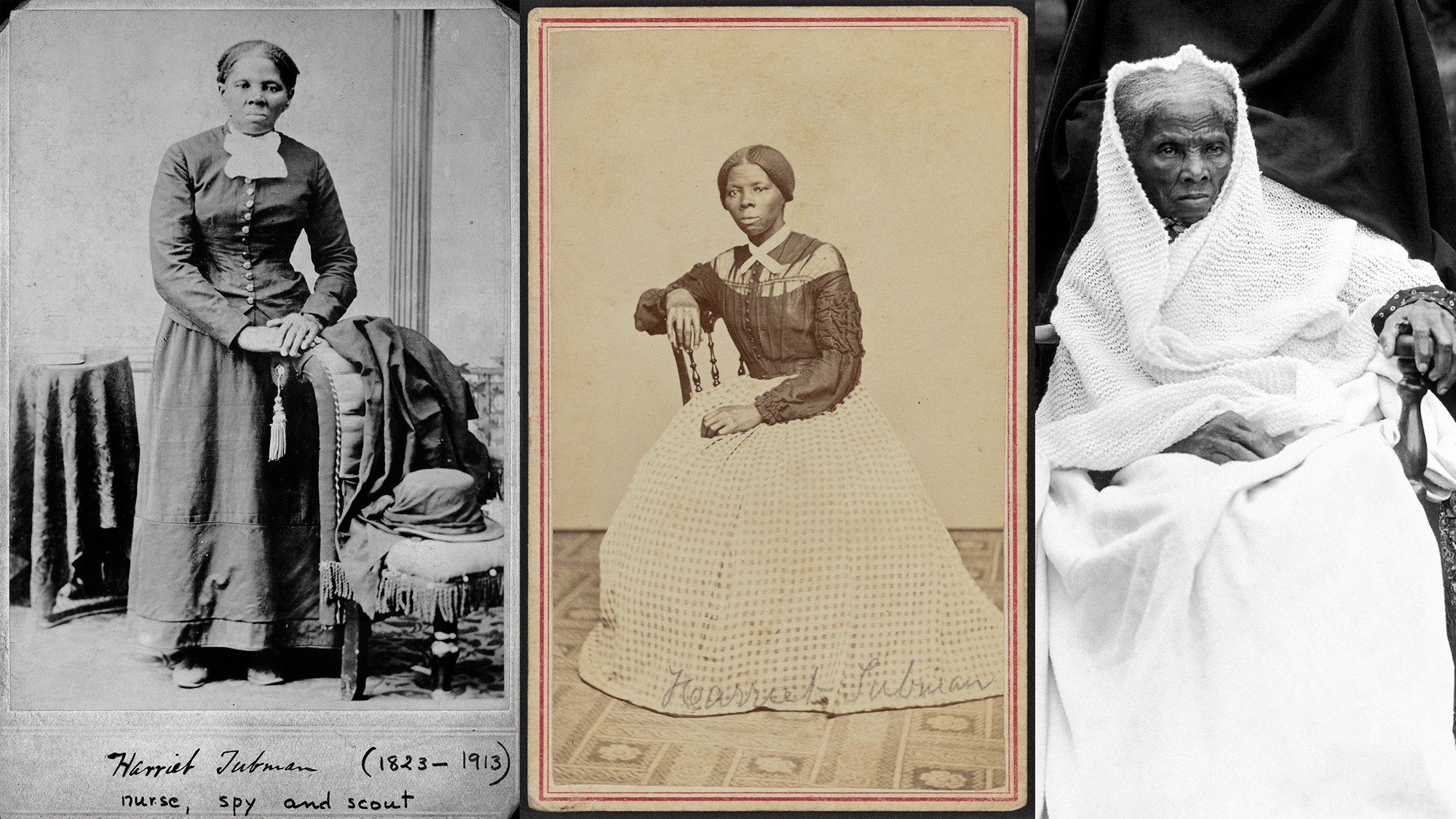Harriet Tubman was a leader, an inspiration, a symbol of a new path and even a relative to some who attended Wednesday’s virtual Harriet Tubman Day celebration, hosted by the University of Maryland’s women, gender and sexuality studies department.
The event, which occurs on the anniversary of Tubman’s death, also marks the first celebration after the department changed its name to the Harriet Tubman Department of Women, Gender and Sexuality Studies in September.
Ernestine Wyatt, Tubman’s great-great-great-grandniece, was the featured speaker at the event. She graduated from this university in 1995 with a Bachelor’s degree in studio art and art history.
Wyatt reminisced about her family lineage and how Tubman impacted her and her family. Wyatt remembers her as an artist, an activist and a woman of faith.
Tubman’s faith “is what she passed down through our maternal line,” Wyatt said. “Faith, family and friends, love. And today, this is what I look to when I remember her, when I read more about her — that makes her alive for me as Aunt Harriet.”
[UMD finds new undocumented coordinator, announces new women’s studies dept. name]
The event also covered Tubman’s role in current events. Now, Tubman is at the center of an ongoing debate about whether her likeness should be put on the $20 bill.
“As far as the attention that she’s getting, I think is wonderful. But, I think it’s no coincidence that is happening at this time, and in this place, and during my lifetime,” Wyatt said. “I believe that there’s a message that God wants us to hear through her and what she has done in her life.”
Professors in the department discussed how important it has been to include the life and work of Tubman in their syllabuses.
Marsha Guenzler-Stevens, director of the Stamp Student Union’s Center for Campus Life and instructor of a women’s leadership course, emphasized the power of stories and how they can influence future generations of women.
[Some UMD community members have mixed feelings on the push for Harriet Tubman on $20 bill]
“I was so touched by Ms. Wyatt talking about the generations of strong and determined women in her family,” Guenzler-Stevens said. “Particularly right now, as our students wrestle with the impact of COVID-19 and the isolation that is inherent in that, … it is [important] for the stories of others to give us courage when our own is lacking.”
Guenzler-Stevens’ course will incorporate Tubman’s stories and teach about her as an activist to encourage students to embrace their own roles as activists, she said.
The celebration honored Tubman’s legacy and served as a reinforcement of the department’s efforts to elevate Tubman’s work.
“We see this as a call and a guide to us for how we should conduct ourselves in the future going forward,” said Ashwini Tambe, a professor in the department. “We have seen this as a real important moment in our department’s history where it marks our status as a hub of Black feminist art, but it’s also a reminder to us about the work that still needs to be done. So it’s in that spirit that we have renamed ourselves in her honor.”



